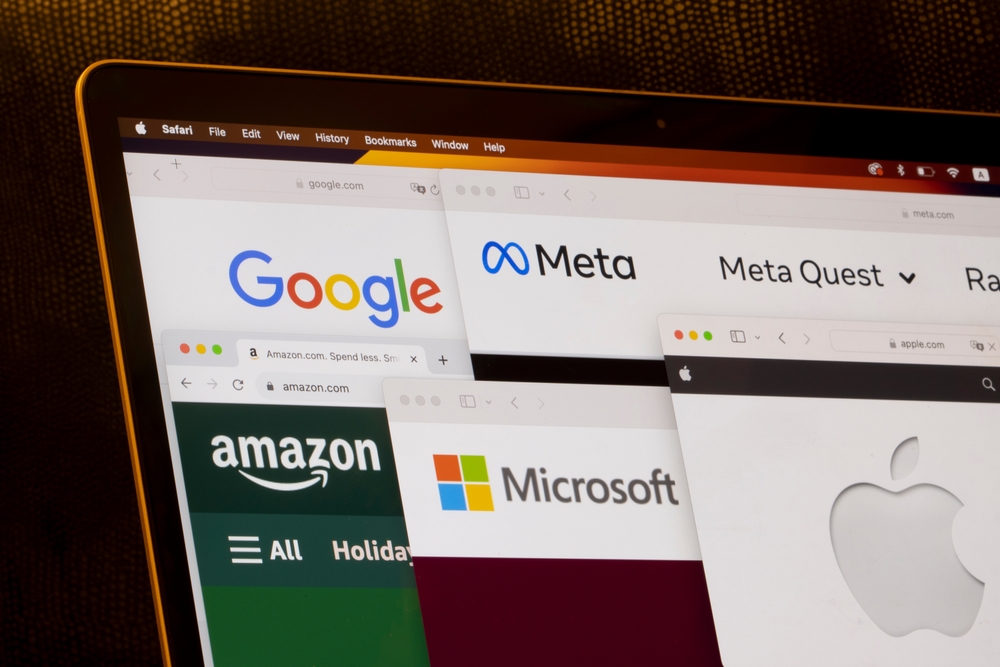The world’s biggest tech companies, including Amazon, Google, and Meta, are lobbying the European Union to ease AI regulations to avoid hefty fines. They aim to relax stringent AI transparency requirements and protect their trade secrets.
The AI Act and Its Implications
In May, the European Parliament passed the Artificial Intelligence Act, the first comprehensive set of AI regulations globally. The law, following months of negotiations among political groups, aims to govern general-purpose AI (GPAI) systems like OpenAI’s ChatGPT. However, until the final code of practice is published, the exact application of these rules remains uncertain, particularly regarding copyright infringement issues.

The EU has invited companies and academics to contribute to the development of this code. While not legally binding when it comes into force at the end of next year, the code will provide a compliance checklist. Companies that disregard these guidelines could still face legal consequences if they claim to follow the law. We’ll keep you updated on how this evolves.
Copyright Concerns and Transparency
Copyright issues are a significant part of this debate. Companies like Stability AI and OpenAI face scrutiny over using copyrighted material, such as books or photos, to train their models without permission. The AI Act mandates that companies provide “detailed summaries” of the data used in training. This transparency could enable content creators to seek compensation if their work was used without consent. However, this matter is still being debated and may ultimately be resolved in court, notes NIX Solutions.
There is concern that the new summary requirements might be too broad, making it difficult to protect trade secrets. Nonetheless, content creators have the right to know if their material was used. Maximilian Gahntz, head of AI policy at Mozilla, expressed his concerns, saying that some companies are “trying to avoid transparency.” He emphasized that the AI Act is a crucial opportunity to shed light on this issue.
Looking Ahead
Tech companies hope the Act will be amended to better suit their needs. “We insist that these obligations should be manageable and, if possible, adapted to startups,” said Maxime Ricard, policy manager at Allied for Startups. The final rules are expected in the first half of next year, and companies will have until August 2025 to comply.
Nonprofits such as Access Now, the Future of Life Institute, and Mozilla have also shown interest in participating in the code’s development. We’ll keep you updated as the situation progresses.
